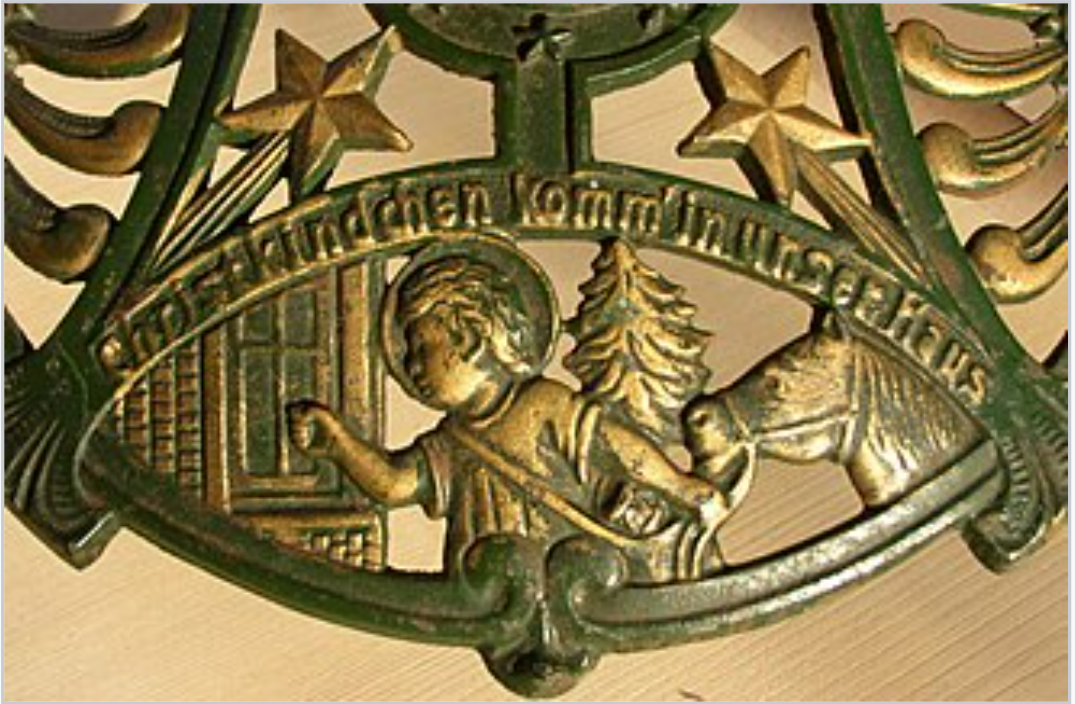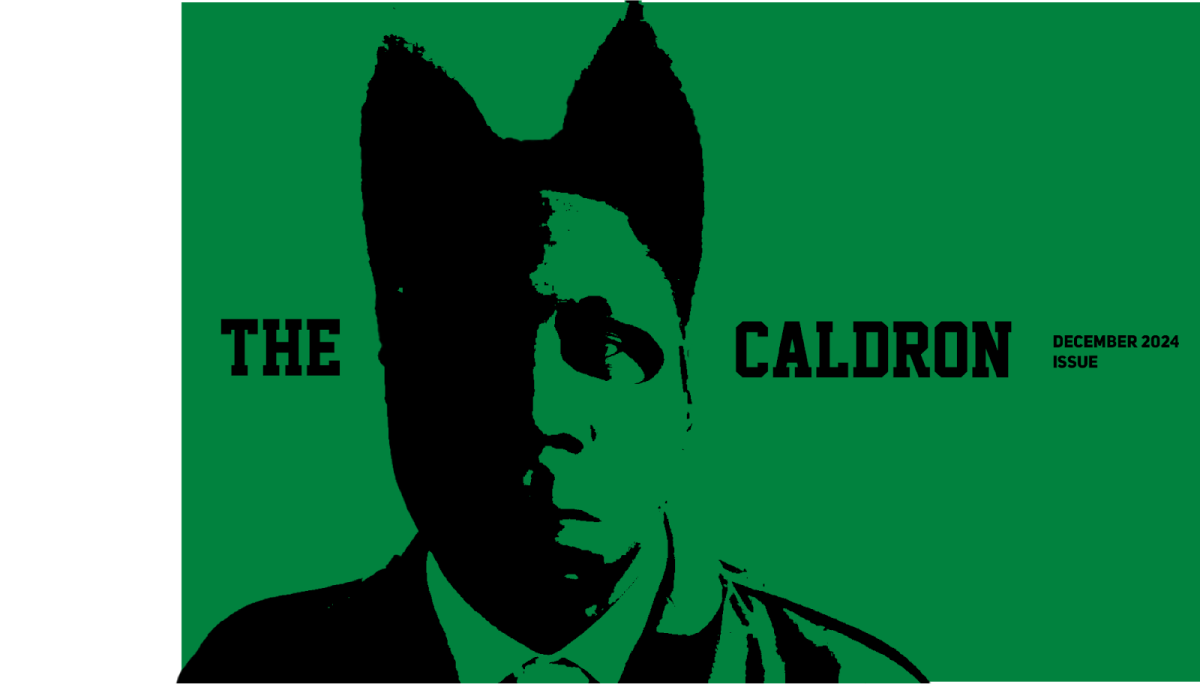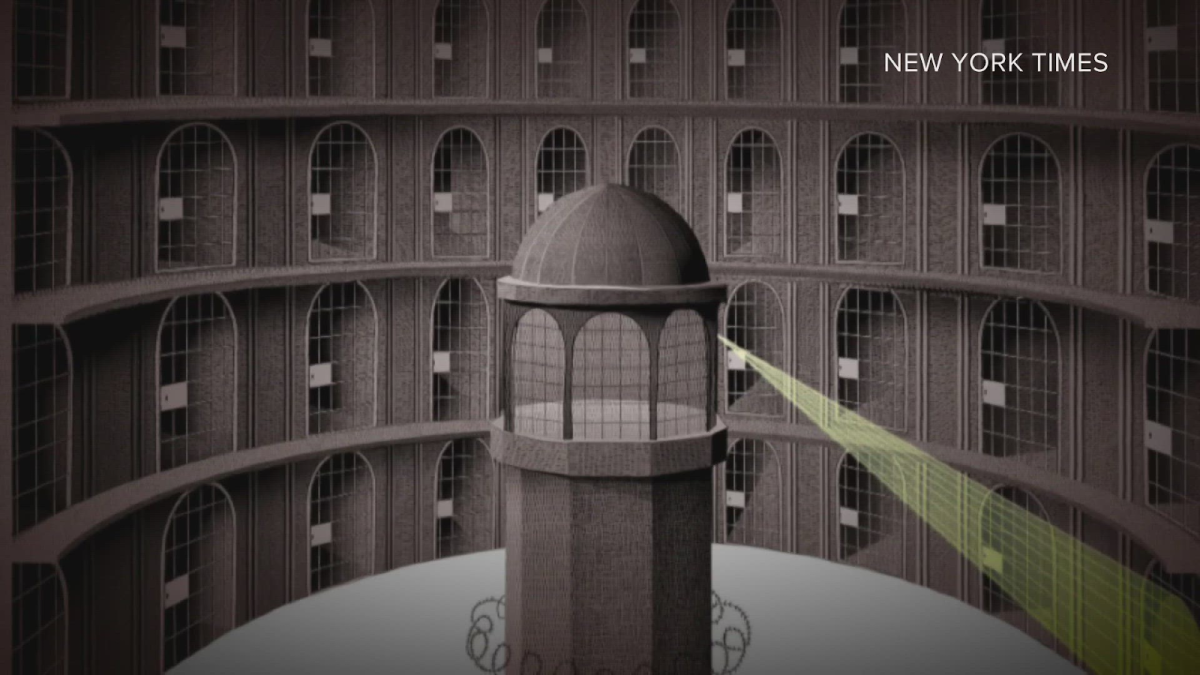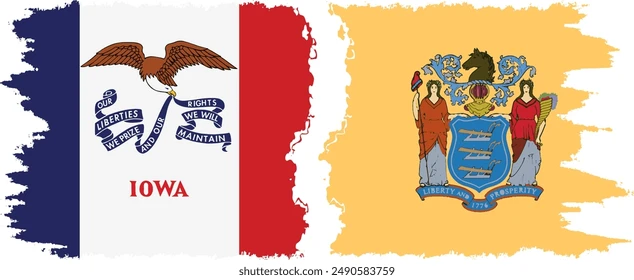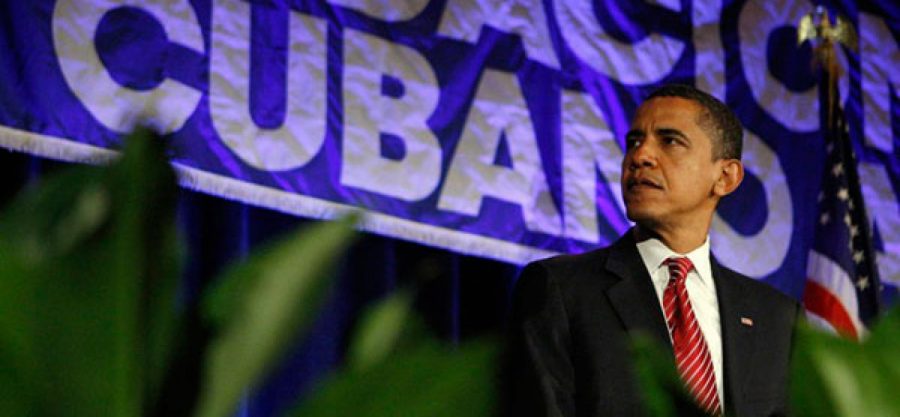Ever since revolution swept the island in 1959, Cuba’s relationship with the United States was marked by suspicion and outright hostility. The communist government of Fidel Castro openly denounced the US and its former meddling in Cuban life, and the US was apprehensive about a Soviet ally in its backyard at the height of the Cold War. Before long, relations between the two states were severed, and the United States placed an embargo on the island nation.
It is now 2015. The Cold War has ended, regimes have fallen, and the international order does not look like it did half a century ago. Except in one corner of the world, it does. Over fifty years later, the US was continuing to ignore an entire country ninety miles from its shores. And this policy of isolation did not bring any progress. The Castro regime is still in place, now under the lead of Fidel’s bother Raúl. The Cuban people are doubly crushed by decades of their government’s repression and failed economic policies, and decades of US-imposed isolation. Cuban Americans are cut off from their families and other Americans are cut off from business opportunities and exploring a rich culture. America’s policy on Cuba has left no winners and plenty of losers.
This is where President Obama comes in. At the end of last month, his administration announced great changes in the way the United States will deal with Cuba. Finally, America would establish diplomatic relations with the government in Havana. Also, there has been an exchange of prisoners to eliminate another source of tensions. Change will also be felt outside of politics: Cuban Americans will now find it easier to visit relatives on the island, and an end to the ban on commercial transactions will be good for business in both countries. This move is not a full lifting of the disastrous embargo, but it is a huge step in the right direction.
By default, these changes require the US to recognize the Cuban government as legitimate. Naturally, this causes controversy, especially among Cuban Americans. In fact, the Cuban community in the US is evenly split on the issue, according to a poll by Bendixen & Amandi International. The rift is caused by the fact that while many see this as a move to fix a failed policy, others see it as being soft on the regime. Many Cuban Americans have fled their country for political reasons, and detest the Castro government. While their anti-Castro stance is justified, the reality is that President Obama’s move looks like it will be a nail in the regime’s coffin rather than a form of appeasement. It will lessen economic isolation of the island, which has been used by the Castro brothers as a scapegoat for the poverty caused largely by their own mismanagement of the country. Furthermore, it will increase contacts between Americans and Cubans, allowing for more American influence, which up to now has been limited by America itself. Communist regimes tend to breed a class of ingenious businessmen, since they have to find ways to make money around government-imposed obstacles. Cuba is no exception, with many underground entrepreneurs. When they are given the chance to do business with America, they will quickly become an influential segment of Cuban society which can be instrumental in bringing about domestic change.
Before the revolution, America imposed itself on Cuba. After the revolution, it turned its back on it. Both approaches were excessive and inappropriate. Now it’s time for the United States to take a more neutral path and respect Cuba’s sovereignty without closing itself off at the same time. President Obama’s move is a good first step.




